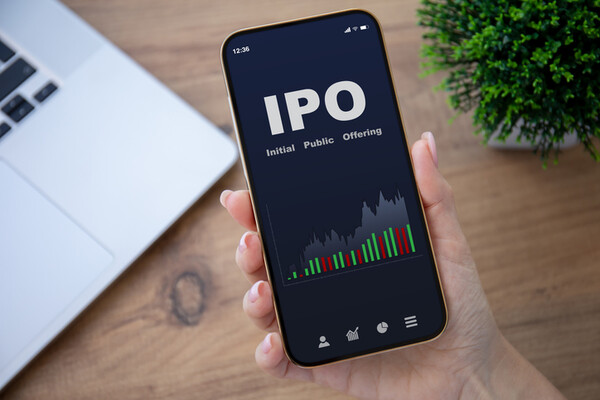Despite poor investor sentiment in the bio-sector and concerns of a global recession, over 10 Korean biopharmaceutical companies are gearing up to undergo an initial public offering (IPO) process to list on the Korean stock market in 2023.

Of the companies aiming to go public this year, if all goes as scheduled, GI Innovation will become the first biopharmaceutical company to do so.
GI Innovation, a bio venture established in 2017, has candidates for immunotherapy and allergy and metabolic disease treatments. The company’s main pipeline consists of GI-101 (immunotherapy) and GI-301 (allergy drug).
The company had transferred technology for GI-101 to Simcere, a Chinese firm, and GI-301 to Korean drugmaker Yuhan Corp. GI-101 is undergoing global phase 2 clinical trials, and GI-301, local phase 1b clinical trials.
GI Innovation has received a total investment of 260 billion won through its Series A, B, and C and Pre-IPO funding.
As a result, both industry and investment officials are paying close attention to whether GI Innovation could revamp investor sentiment in the bio IPO market.
Aside from GI Innovation, at least 10 companies – Avellino, Medical IP, Quratis, Pharos iBio, S.Biomedics, Glaceum, Korea Medical Research Institute, AB Medical, Seasun Biomaterials, and Proteometech -- have submitted a request to the Korea Exchange for preliminary screening to go public this year.
In addition, YBrain, Ensol Biosciences, and Coreline Soft, which passed the technical evaluation in 2022, are also designated as candidates that may submit a request for preliminary listing examination within this year.
Subsidiaries of larger Korean pharmaceutical companies, such as Dongkook Life Sciences, Ildong Bioscience, and Contera Pharma may also aim an IPO this year.
Poor investor sentiment not the only problem
While investor sentiment will be a major variable, industry watchers expect that the recent move by financial authorities to strengthen IPO regulations will act as another variable.
The Financial Services Commission (FSC) plans to improve IPO soundness to prevent fraudulent public offerings in 2023 and expects to implement newly prepared regulations within the first half.
According to the FSC, the new regulation will include the calculation of appropriate public offering price by allowing a preliminary demand survey, extension of the institutional demand forecasting period, reinforcement of the responsibility of underwriters for managing imaginary subscription demand, and early detection of appropriate price by expanding the range of price fluctuations on the day of listing.
Changes are also expected in the requirements for technology special listing, which alleviates certain listing requirements, such as having to satisfy certain profit requirements, for Kosdaq listing applicants based on their technological power and growth potential.
The Korea Exchange (KRX)’s reform plan integrates and changes 35 evaluation sub-items and reorganizes them into 18, and assigns different points to each category for each industry.
Also, the KRX will prepare industry-specific and modular evaluation indicators that reflect the characteristics of the industry and technology.
In the biopharmaceutical field, 65 percent of the evaluation will be review of technology and 35 percent, the marketability of the technology.
Also, the KRX will look into the pipeline development stage, licensing performance, contract manufacturing organization (CMO)/contract research organization (CRO) partnership status, and pipeline expansion potential.

